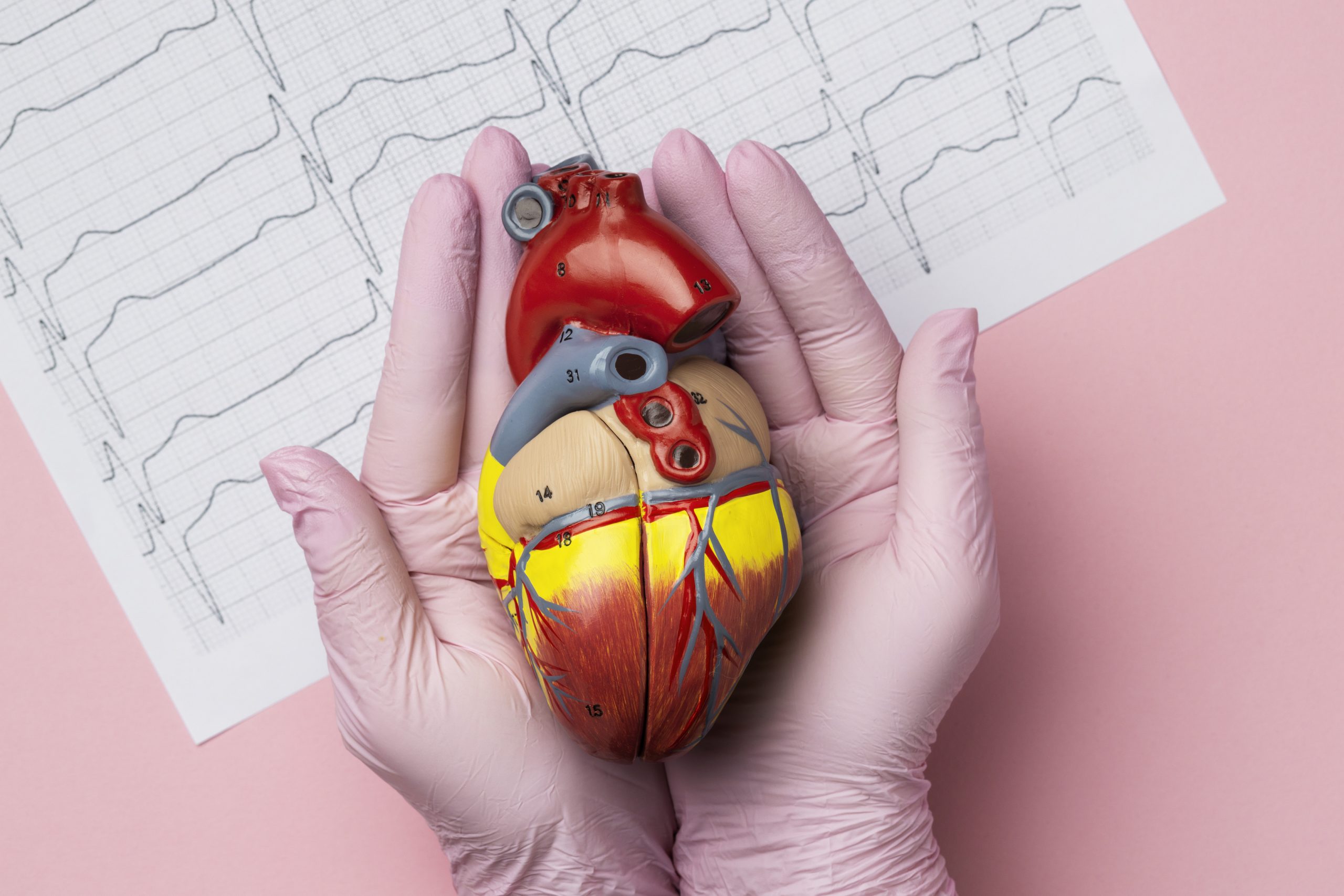

A team of medical experts from Montefiore Medical Center and Albert Einstein College of Medicine in New York discovered that cardiac donors infected with the SARS-CoV-2 virus increase mortality risk for recipients. The scientists analyzed data from the United Network for Organ Sharing (UNOS) database relating to COVID-19 in their study, which was published in the Journal of the American College of Cardiology.
Previous autopsy research has revealed that, while transmissible SARS-CoV-2 viruses are mostly detected in the respiratory tract, proteins linked to the virus can be identified in other areas of the body, including the heart. The researchers behind this new initiative investigated the impact of heart transplants from COVID-19-infected patients who died from other causes (most commonly head trauma).
The researchers examined UNOS data for instances of cardiac donors who were also discovered to be infected with the SARS-CoV-2 virus from May 2020 to June 2022. They also collected information from donors who had been infected prior to donation but had recovered before death.
In total, the researchers discovered 150 donors who were infected at the time of death and 87 who died not long after recovering from an infection. They also gathered information on similar patient types from donors who had no history of infection.
When they examined their data, they discovered that patients who received a heart from an infected donor had a 13.8% mortality rate at six months, compared to 4.9% for those who had not been infected. The rates after one year were 23.2% and 9.2%, respectively. The researchers also discovered that the rate disparities in patients receiving hearts from donors who had recovered from their infections before donating were essentially equal to those in patients receiving hearts from donors who had never been sick.
Based on their findings, the team concludes that donors should be checked for COVID-19 before donating a heart or any other organ.
more recommended stories
 T-bet and the Genetic Control of Memory B Cell Differentiation
T-bet and the Genetic Control of Memory B Cell DifferentiationIn a major advancement in immunology,.
 Ultra-Processed Foods May Harm Brain Health in Children
Ultra-Processed Foods May Harm Brain Health in ChildrenUltra-Processed Foods Linked to Cognitive and.
 Parkinson’s Disease Care Advances with Weekly Injectable
Parkinson’s Disease Care Advances with Weekly InjectableA new weekly injectable formulation of.
 Brain’s Biological Age Emerges as Key Health Risk Indicator
Brain’s Biological Age Emerges as Key Health Risk IndicatorClinical Significance of Brain Age in.
 Children’s Health in the United States is Declining!
Children’s Health in the United States is Declining!Summary: A comprehensive analysis of U.S..
 Autoimmune Disorders: ADA2 as a Therapeutic Target
Autoimmune Disorders: ADA2 as a Therapeutic TargetAdenosine deaminase 2 (ADA2) has emerged.
 Is Prediabetes Reversible through Exercise?
Is Prediabetes Reversible through Exercise?150 Minutes of Weekly Exercise May.
 New Blood Cancer Model Unveils Drug Resistance
New Blood Cancer Model Unveils Drug ResistanceNew Lab Model Reveals Gene Mutation.
 Healthy Habits Slash Diverticulitis Risk in Half: Clinical Insights
Healthy Habits Slash Diverticulitis Risk in Half: Clinical InsightsHealthy Habits Slash Diverticulitis Risk in.
 Caffeine and SIDS: A New Prevention Theory
Caffeine and SIDS: A New Prevention TheoryFor the first time in decades,.

Leave a Comment